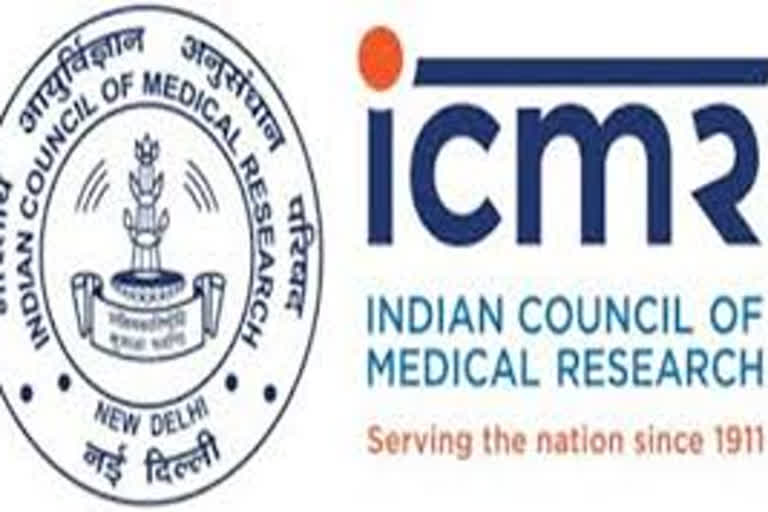New Delhi: The survival of coronavirus gradually decreases with time in a dead body, as per scientific literature till now, though there is no specific duration to declare a body as non-infective, the ICMR said on Tuesday.
So, it is advisable to adopt the necessary precautions and non-invasive autopsy technique while handling the body, the apex health research body said in response to a question over how many days is the infectivity period of COVID-19 in a dead body.
COVID-19 is a respiratory disease and mainly spreads through aerosols, the ICMR said while listing a series of frequently asked questions in its 'Standard guidelines for Medico-legal autopsy in COVID-19 deaths in India 2020' released on Tuesday.
Responding to a question over the protocol to be followed for performing an autopsy in a COVID-19 suspected dead body with negative RT-PCR result, the ICMR said considering the relatively high rate of false negative results of COVID-19 RT-PCR, every case still has to be considered as a possible coronavirus infection case.
"Thus, it is advisable to follow non-invasive autopsy in these cases throughout the duration of pandemic," it said.
Asked if an invasive autopsy can be performed after disinfecting the body surface using one per cent of hypochlorite or 70 per cent of alcohol solution, it the source of the infection from a COVID-19 confirmed case is mainly from aerosol generating procedure from internal body fluids and visceral organs.
Even mucosal surfaces, such as those in nasal and oral cavities, gases or fluids expelled through natural orifices as a result of compression of cavities, which can occur during transport, can be sources of disease transmission.
"Hence, surface disinfection does not provide protection against COVID-19 during autopsy," the Indian Council of Medical Research (ICMR) said.
